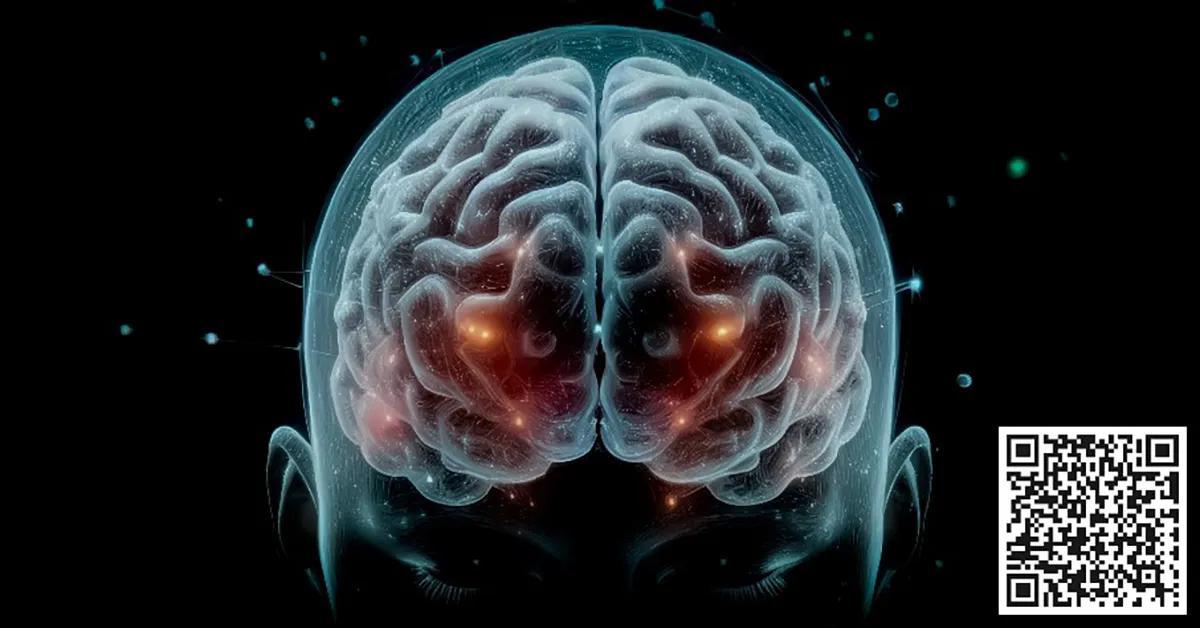‘Suicide in mind’ is a relatable poem which addresses why people willingly choose to terminate their own lives.
While the first part of this article (the poem) is self-explanatory, the second part addresses important issues regarding suicide, from a broader perspective.
Press ‘play’ below, for an immersive rendition of “Suicide in Mind”, and also read the rest of the article.
Suicide in mind
Suicide… so it has come to that
Life to you is too difficult and flat
Your head, an arena for emotional combat,
where hate, guilt, sadness, take to the mat
Someone called you thin, fat;
another exposed your private chat
Oh! unbearable. You decide: “tit-for-tat”
‘swing life at them, like a baseball bat’
“peace should be at the ancestors’ frat”
You struggle to cope day-by-day;
stress, depression, you really can’t say
At first, no job and nowhere to stay,
then, a glorified volunteer, with peanut pay,
living from hand to mouth till payday,
enduring life’s abuse, direct and stray
Wanton thoughts urge you to self-slay
No one really cares, so you obey;
as with all things, it did not go your way
You can barely afford daily bread;
your bank account always in the red
You’re aging, but remain unwed;
intelligent, but starkly unread
Everyone you know is far ahead;
you’re superior only in tears you shed
The greatest thing though you dread,
is the nagging voice in your head
telling you it’s best you’re dead
While other people sleep at night,
you beg your brain not to gaslight
Even when it’s broad daylight,
poisons and triggers becloud your sight
Everyone thinks you’re alright,
as you always are cheerful and bright
Only you know you’re losing the fight,
succumbing to your plaguing plight,
edging everyday to untimely goodnight
Suicide may to you appeal,
for reasons you cannot even reveal
Some, the doctor helps to heal,
but yours may require healthy meal
Don’t sit and assume you can’t deal;
brace up, seek help, show some zeal
Find another, if that job is not ideal,
Build your mind till it’s tough as steel;
surely, you will overcome your ordeal
Suicide in mind, explained
Background
Suicide is the act of willingly terminating or ending one’s own life.
According to the World Health Organization, suicide is the fourth (4th) leading cause of death between the ages of 15 and 29 years.
Most cases of suicide, however occur between 30 and 49 years of age, with higher figures amongst males.
Millions of persons attempt to terminate their own lives every year; most fail, but at least 700, 000 succeed. The low socio-economic regions of the world have the highest number of cases.
Ingestion of poisons, hanging, and the use of firearms are amongst the commonest methods by which people carry out suicide.
Why do people choose suicide?
- Stress
- Mental disorders
- Impulse
- Substance Abuse
Usually, these factors interact to tilt people towards carrying out the suicide act (see stanza 2, lines 1 and 2 of the poem).
“You struggle to cope day-by-day… stress, depression, you really can’t say,”
Stress (see poem/article) may tilt one towards depression (see poem/article) or other mental disorders, like anxiety or personality disorders.
On its own, stress may also make a person to act on impulse, for example, heartbreak and financial troubles.
Substance abuse (alcohol and illicit drug use) makes people to act irrationally; again, there may be a background of stress.
Note that stress also encompasses discrimination, debilitating health conditions and major life events, like imprisonment.
Suicide prevention strategies
- Treat others right
- Learn to speak up
- Government plays a major role
- Education
- Responsible media reporting
- The role of health care workers
- Building the mind
- Diet, exercise and rest
1. Treat others right
Everyone has a role to play in the reduction of suicide.
Physical and verbal abuse, including bullying, body-shaming and even internet trolling have far reaching effects.
Self-harm and even suicide are common, following maltreatment or abuse.
Positive words, like those of encouragement may therefore just help to be saving lives.
2. Learn to speak up
There is no shame in admitting that you are having thoughts of harming yourself, or even terminating your own life.
Of course, not everybody will be understanding, therefore you have to be careful about who you open up to.
In the absence of a ‘suicide hotline’, you can walk into any hospital and speak with a doctor.
3. Government plays a major role
The role of government in prevention of suicide cannot be overemphasized; they include, but not limited to:
- Improving the living conditions, for example, creating employment, financial security and affordable housing.
- Regulation of sales and access to items which people commonly use to carry out the suicide act. Examples include firearms and poisons.
- Creating strict laws that governs the dispensing of prescription-only versus over-the-counter (OTC) medications, especially for those drugs which people commonly overdose on.
- Creating barriers and a monitoring system to limit people from jumping off bridges.
- Setting up effective suicide-help systems, like a hotline to assist people round the clock.
4. Education
The way people perceive and treat persons with mental health challenges, depends on awareness about these conditions.
Teaching people and creating awareness about mental health and suicide will help to reduce the stigmatization. It will also encourage people with mental health issues and suicidal ideation to speak up and get help promptly.
5. Responsible media reporting
Responsible reporting of cases of suicide by media helps to forestall more cases.
Adding messages about prevention, as well as how to get help is one recommendation.
6. The role of health care workers
One way to help persons who voice out about suicidal ideation or self-harm is to have a system of reporting and follow-up of such cases.
Many persons who attempt the suicide act and fail, usually end up trying again and may eventually succeed.
Also, although most cases of persons who harm themselves do not lead to suicide, it is still important to follow up.
Health care workers should be taught to carry out proper risk assessment.
7. Building the mind
Our individual perception of life’s challenges affects how we approach, as well as the ultimate outcome of those challenges.
The mind plays a central role in perception, just the way some persons appear to get well after taking placebo.
A strong mind therefore is an important coping mechanism in stress, as well as its sequelae, like suicidal tendencies.
To build a ‘strong mind’, according to the second to last line of our poem above, consider the following:
- Accept that what you are going through (thinking about suicide) is a problem, which has a solution.
- Actively look for a solution to that problem, and don’t give up till you find it (see number 2 of ‘suicide prevention strategies, above).
- Learn to accept the realities of life, for example, people lie, diseases occur, and no one is perfect.
- Failing does not make you a failure. For instance, while fighting with thoughts of suicide, you relapsed and even attempted to terminate your life; keep trying.
- Appreciate your little wins. Little achievements are what pile up to become big wins.
- While struggling with thoughts to terminate your own life, try to avoid things which may ‘put you in trouble’, like alcohol and illicit drugs. Alcohol especially affects your ability to reason rationally, and may wear out the little willpower which helps to inhibit you from committing the suicide act.
- Avoid seeking validation from people, especially those you see online. People hardly post their problems, and the glamor you see likely covers their imperfections.
- Do not be too afraid to try something new.
- No matter how difficult or painful, learn to walk away from anything that affects your mental health.
8. Diet, exercise and rest
Stanza 5, lines 3 and 4 says…
“Some, the doctor helps heal, … but yours may require healthy meal”
Research shows that diet which contains too much refined carbohydrates, as well as deficiency of vitamins B2, B6 may increase the risk of depression.
Follow this link, to learn more.
Exercise and rest are also important in building the mind and coping with stress.
Conclusion
Suicide is the act of willingly terminating one’s own life.
It is an important public health issue, leading to hundreds of thousand of deaths every year.
Stress, mental disorders and substance abuse are risk factors for suicide.
Everyone, from individuals to government, has a role to play in its prevention.




